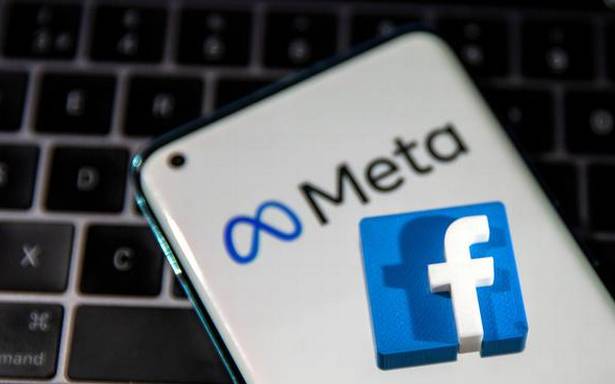Meta (formerly Facebook) on Thursday launched a slew of initiatives to improve online safety of women and children across its platforms. The social media company launched StopNCII.org in partnership with UK Revenge Porn Helpline, to create an emergency program that allows potential victims of non-consensual intimate images (NCII) to proactively hash their intimate images to stop them from proliferating on its platforms.
Another key initiative announced was The Women’s Safety Hub to access information about tools and resources to help women to have a safe online experience. This programme will be launched in Hindi and 11 other Indian languages including Marathi, Punjabi, Gujarati, Tamil, Telugu, Urdu, Bengali, Odia, Assamese, Kannada and Malayalam to enable easy access to information to millions of women. A similar Child Protection Hub was also launched in 12 Indian languages including Hindi.
The Women’s Safety Hub will hosts all the safety resources women would need when navigating the platform. It includes specific resources for women leaders, journalists and survivors of abuse. Additionally, it also contains video-on-demand safety trainings in all languages.
Meta has also appointed Bishakha Datta, Executive Editor, Point of View and Jyoti Vadehra, Head of Media & Communications, Centre for Social Research as their first Indian members in Meta’s Global Women’s Safety Expert Advisors, which involves 12 other non-profit leaders, activists, and academic experts from different parts of the world consulting Meta in the development of new policies, products and programs to better support women on its apps.
These announcements come at a time when Meta formerly known as Facebook is facing flak globally for not being able to track hate speech and letting violent and even fake content pass on WhatsApp groups and its Facebook platform.
Karuna Nain, Director, Global Safety Policy at Meta Platforms Inc, said, “At Meta, building a safe online experience has been a priority and our commitment and efforts to keep women safe are industry leading. While we continue to build and invest to ensure online safety, the launch of these initiatives today is another step towards our commitment. We are confident that with our ever-growing safety measures, women and children will be able to enjoy a social experience which will enable them to learn, engage and grow without any challenges.”
“India is an important market for us and bringing Bishakha and Jyoti onboard to our Women’s Safety Expert Advisory Group will go a long way in further enhancing our efforts to make our platforms safer for women in India,” Nain added on the appointment of Indian members on Meta’s Safety Advisory Board.
Jyoti Vadehra, Head of Media & Communications, Centre for Social Research said, “India continues to lead global digital growth and Meta is at the centre of driving a more digitally inclusive and safe environment. Getting an opportunity to drive initiatives around women’s safety from an Indian lens is a matter of pride and great responsibility and I am glad to be part of Meta’s Women’s Safety Advisors.”
Paper on women and social media
Meta also commissioned and released a discussion paper by Sattva Consulting titled, ‘Connect, Collaborate and Create: Women and Social Media During the Pandemic’. According to the report, only 3 per cent of women in India use social media, against 67% men. Based on secondary research and interviews with individuals and civil society organizations, the paper suggests ways to bridge the gender divide that has further increased due to issues such as limited internet connectivity in rural areas, lack of device ownership and poor digital literacy. Meta also promotes the positive impact of social media for women by creating economic, social and emotional well-being of women, especially during the pandemic.
Meta’s Facebook and WhatsApp has been in the forefront for promoting social commerce in India. Meta is also an investor in social commerce unicorn Meesho. Over 50 per cent businesses or SMBs on Facebook earned 25 per cent of their revenue through digital sales done over the platform.

























